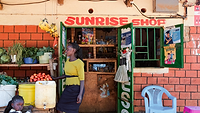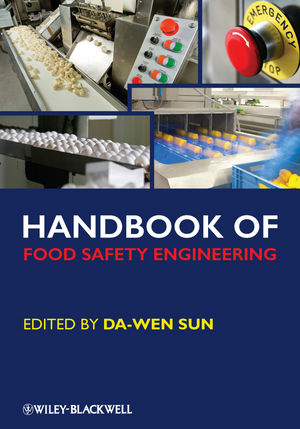African Experts Convene to Explore Alignment of National Food Safety Standards Across Continent

Image credit: Marek Studzinski via Unsplash
In late August 2024, more than 200 food safety regulatory delegates gathered in Nairobi, Kenya to discuss the possibility of aligning national food safety standards across Africa.
The 2-day workshop on trade and food standards centered around a review of the ongoing joint work of the Food and Agriculture Organization of the United Nations (FAO) and the World Health Organization (WHO) to create a system of international African food standards.
Delegate Maryann Kindiki, Ph.D., National Codex Contact Point Manager at the Kenya Bureau of Standards (KEBS), suggested that African countries enter into mutual recognition agreements for one another’s food safety standards, beginning with the alignment of standards within regional economic blocs, such as East Africa. Rectifying the differences between national food safety standards in Africa could help break down significant technical barriers to the intra-African trade of agricultural commodities.
According to the African Union, countries across the continent import an estimated $60 billion USD worth of food annually, despite being home to about 60 percent of the world’s total arable land. Not only could a unified regime of food safety standards enhance the safety of the continent’s food supply, but it could also catalyze African agricultural production, promote trade between African countries, and reduce the continent’s dependence on international food imports.
Delegate Goffrey Odero, Senior Trade Development Officer in Kenya’s Ministry of Investments, Trade, and Industry, underlined the importance of establishing regional food safety authorities to regulate the implementation of harmonized standards at border points.
Additionally, investments in certification infrastructure to facilitate food safety testing in support of harmonized standards could help enable the movement of agrifood products from surplus-producing countries to other areas of the continent experiencing a deficit of such goods, according to Peter Mutua, Manager for the KEBS Food Standards division.
Looking for a reprint of this article?
From high-res PDFs to custom plaques, order your copy today!









